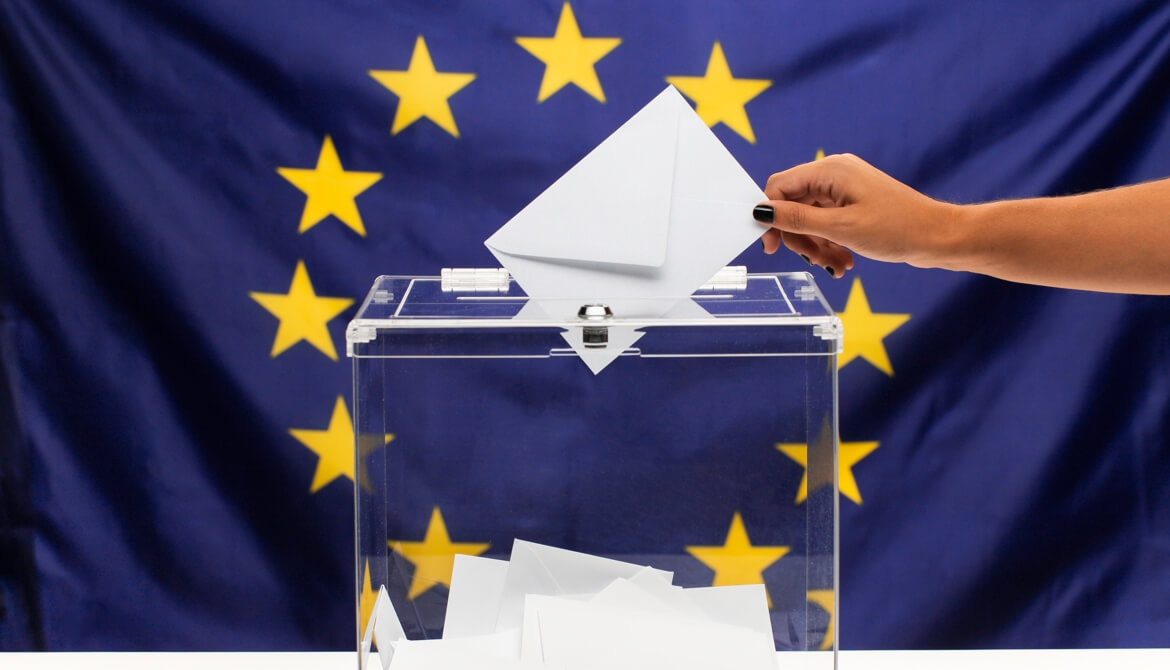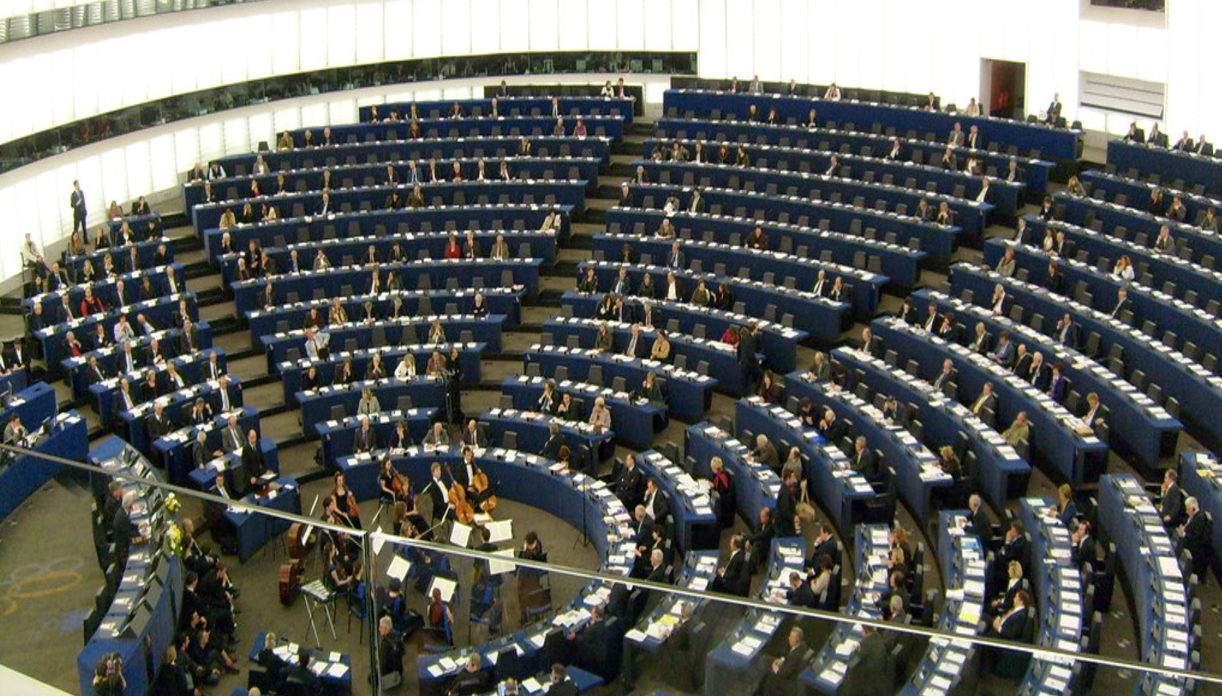By Vera Rodriguez,
Individuals have multifaceted identities, allowing them to perceive and describe themselves to the world. Seemingly autonomous epithets, such as being a student, a daughter, or a Greek, construct one coherent selfhood. Nations create powerful emotional attachments, using historical contingencies to build themselves. They imply a sense of abstraction, becoming “imagined political communities”. They enable a feeling of belonging amongst fellow members who have not established direct contact with each other. These feelings help foster sympathy for others (based on this imagined connection) and –potentially– legitimacy and national preservation, as people are not fighting over territory. Thus, to a degree, a sense of national identity is helpful for political projects.
Citizenship is the other puzzle piece: citizens of a nation-state have a particular “set of beliefs and emotions about oneself as a participant in civic life”. The identity part of citizenship must be linked with structural aspects, as democratic membership and participation cannot function without legal, economic, and social institutions. Although simplified, these are the functioning identities of any contemporary nation-state.

However, how do these elements come together in a broad, international setting? States are evolving into a complex network of national, regional, co-national, and global political institutions. While the European Union cannot be equated to a traditional state for various reasons (lack of military, control of fiscal policy, security policies, etc.), its decisions significantly influence traditional states. Notably, the EU’s agriculture, environment, and market regulations are highly impactful. This positions the EU within the governance-level network and underscores its decisive role in certain areas. Despite this high level of integration in critical policy areas, the sense of a solid belonging for a larger imagined EU community is not widely felt. More importantly, 49.44% of EU citizens do not go to vote, 44% do not know their rights as part of the EU, and 44% do not trust EU institutions.
This lack of a minimum identity is undesirable for democracy. Firstly, individuals live in a highly international sphere where the economy is global; the state is in a European network and negotiates with other actors. In contrast, people’s identities remain national or even local and regional. Scholars like Castells have called this situation a “cognitive dissonance” and have warned against its potential backlash. Solidarity in periods of crisis (or the lack thereof) between EU states speaks about this dissonance, such as in the financial crisis of 2008 or later with Covid-19 in 2022. Secondly, the European Union loves praising democracy and political rights abroad. However, its citizens do not vote for EU parliamentary elections. When they do vote, they are mobilized only by national issues. This goes against most understandings of what a functioning democracy entails. Third, the system’s legitimacy cannot be granted if the citizens do not care about the project. It is preferable that individuals feel they are part of a system that governs them.

These symptoms could describe many contemporary Western democracies. However, the EU showcases them at its best. The truth is that most citizens vote in their national elections, which directly contributes to the EU’s functioning. After all, Ministers from the 27 member states form the Council of the EU, and the 27 Presidents / Prime Ministers form the European Council. Nevertheless, citizens seem not to want to participate in electing the EU’s only directly elected representatives, the Members of the European Parliament. Whose fault is this? It is not the citizens’. It might combine the media outlet’s negligence with a fair share of national governments and big parties’ political power. Whoever’s fault it might be is another big topic to unpack.
As a last remark, many reasons exist to argue for a shared identity linked to democracy. It promotes solidarity, prevents hypocrisy, and is morally desirable. The decisions taken at the EU level are essential enough to want to involve citizens in one way or another. Thus, a shared identity is crucial and will become more so in times of further crisis. I am not necessarily arguing that this feeling of pertinence is nationalism or patriotism. However, I reckon this identity is more emotional and might be easier to build. Civic identity requires education and understanding, which may be more challenging to build. Any identity-building effort demands accountability and self-critique. Will the EU and member states be able to do this? Furthermore, will they be able to foster one, the other, or a combination of the two identities? Only time will tell, although the possibility, I fear, is relatively low.
References
- Fact-check: Does the EU decide 80% of our laws?. Euronews. Available here
- Castells Manuel. “Achille’s Heel: Europe’s Ambivalent Identity.” Cambridge: Polity. Cambridge. 2018.
- Delli M. and Scott Keeter. “What Americans Know about Politics and why it Matters”. Yale University Press. USA. 1996.
- Almond Gabriel and Sidney Verba. “The Civic Culture”. Princeton University Press. USA 1963.
- Standard Eurobarometer 96 – Winter 2021-2022. European Union. Available here
- Final turnout data for 2019 European elections announced. News European Parliament. Available here
- Aims and values. European Union. Available here
- Hart, Wilkenfeld and Richardson. “Civic Identity”. APA PsychNet.




